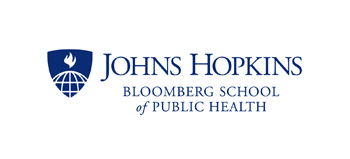Women May Be Able to Reduce Breast Cancer Risk Predicted by Their Genes
Johns Hopkins Bloomberg School of Public HealthWomen with a high risk of developing breast cancer based on family history and genetic risk can still reduce the chance they will develop the disease in their lifetimes by following a healthy lifestyle, new research led by the Johns Hopkins Bloomberg School of Public Health suggests.
